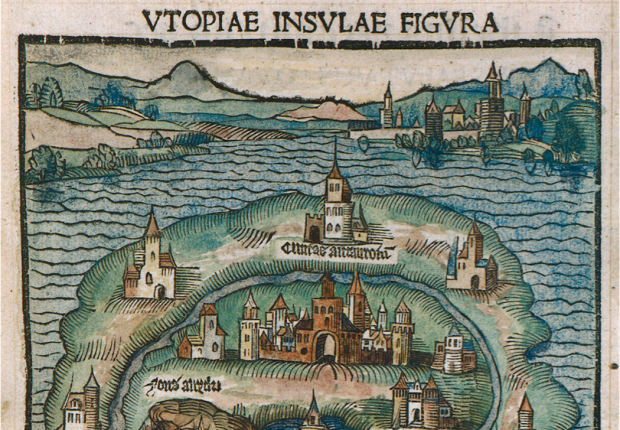
When we make use of the notion of “utopia” (coined in 1516 by the philosopher Thomas More), we usually mean something that is not realized and, above all, that cannot be realized. “Utopia” refers mainly to an imagined world, characterized by a set of moral, social and political structures that represent a significant improvement over the present condition. The concept of “utopia” itself, however, presents a series of problems. Why think of utopia, if it is not realizable? What is the relationship between theoretical elaboration and practical activity? Does imagining a non-existent world mean giving up on acting to change the existing world? What philosophical value was given, in the past, to utopian thought? In the course of this seminar, we will try to advance a problematizing reading of these issues, examining some famous cases of “utopias” from the early modern age. Following a historical-philosophical method, we will consider “Utopia” by Thomas More, “The City of the Sun” by Tommaso Campanella and “The New Atlantis” by Francis Bacon, to analyze their contents, their proposals and the meaning attributed to utopian thought by their authors. From this critical analysis, utopian thought will result not as a sterile exercise of the mind, but as an indispensable element to imagine and put into practice in a programmatic way the improvement of the contemporary social, cultural, philosophical environment.
- Dozent/in: Francesco Molinarolo